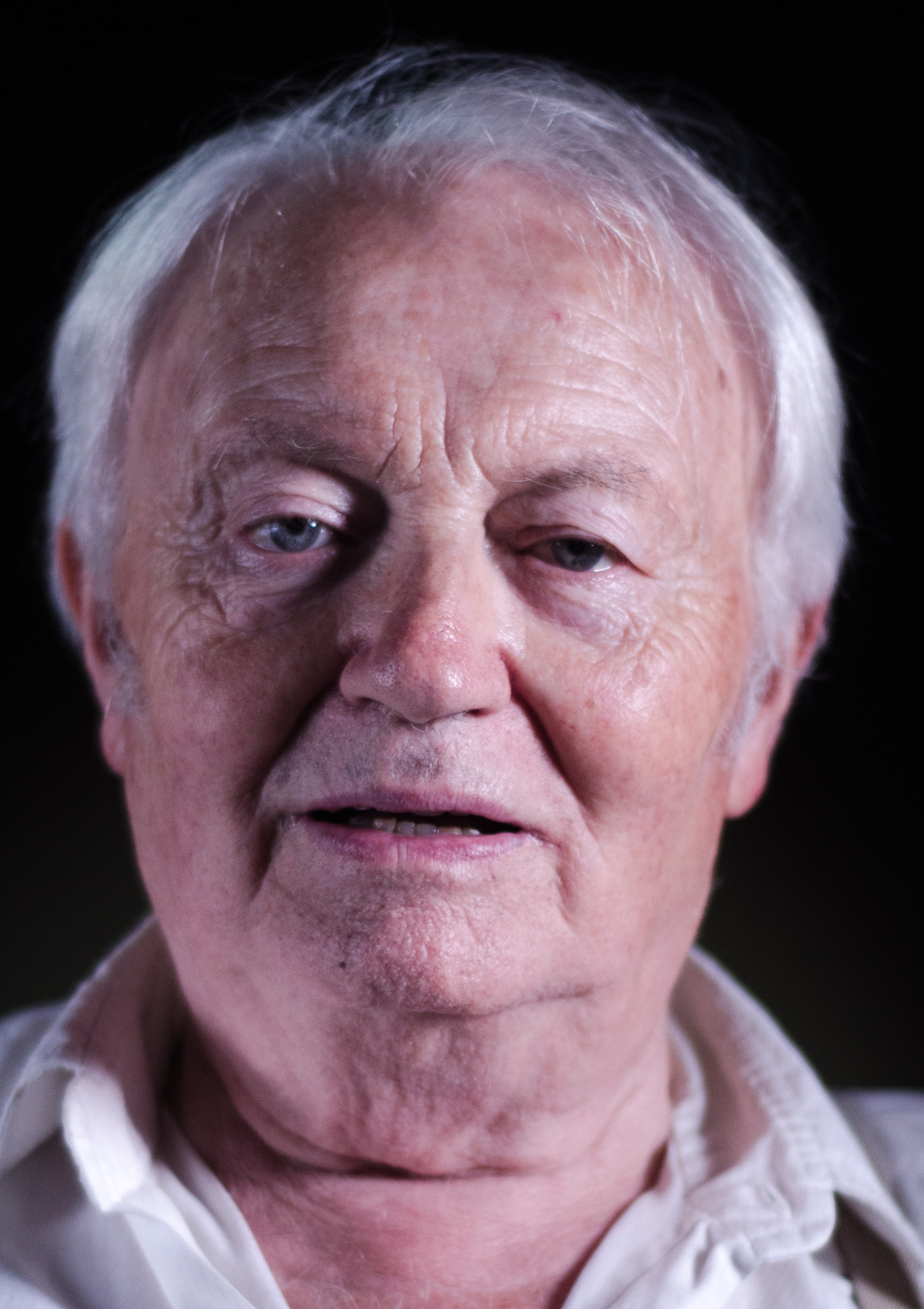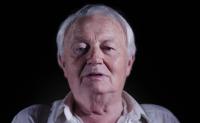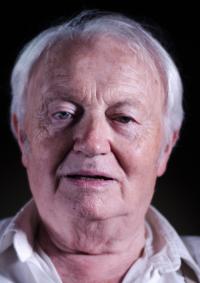We Croats don’t disappear so easily

Download image
Josef Lawitschka was born on 31 January 1933 to a family of Moravian Croats in Frélichov. They spoke Croatian at home, and he attended a German and then a Czech school. Already as a little boy he took a lively interest in what went on in the village, in its inhabitants, and their stories. In 1948 the family fled to Austria, Josef Lawitschka settled down in Vienna. For many years he worked as a butcher, when he reached pension age, he returned to his roots and participated with great vigour in the documentation of the culture of Moravian Croats and the organisation of various activities that present this minority to the public. He is a leading expert on the works of Othmar Ruzicka, a painter whose works constitute a detailed map of life in the Moravian Croatian villages in the first half of the twentieth century. He wrote a book titled Lipo naše selo (Our Pretty Village), in which he recorded his memories of his childhood in Frélichov.

